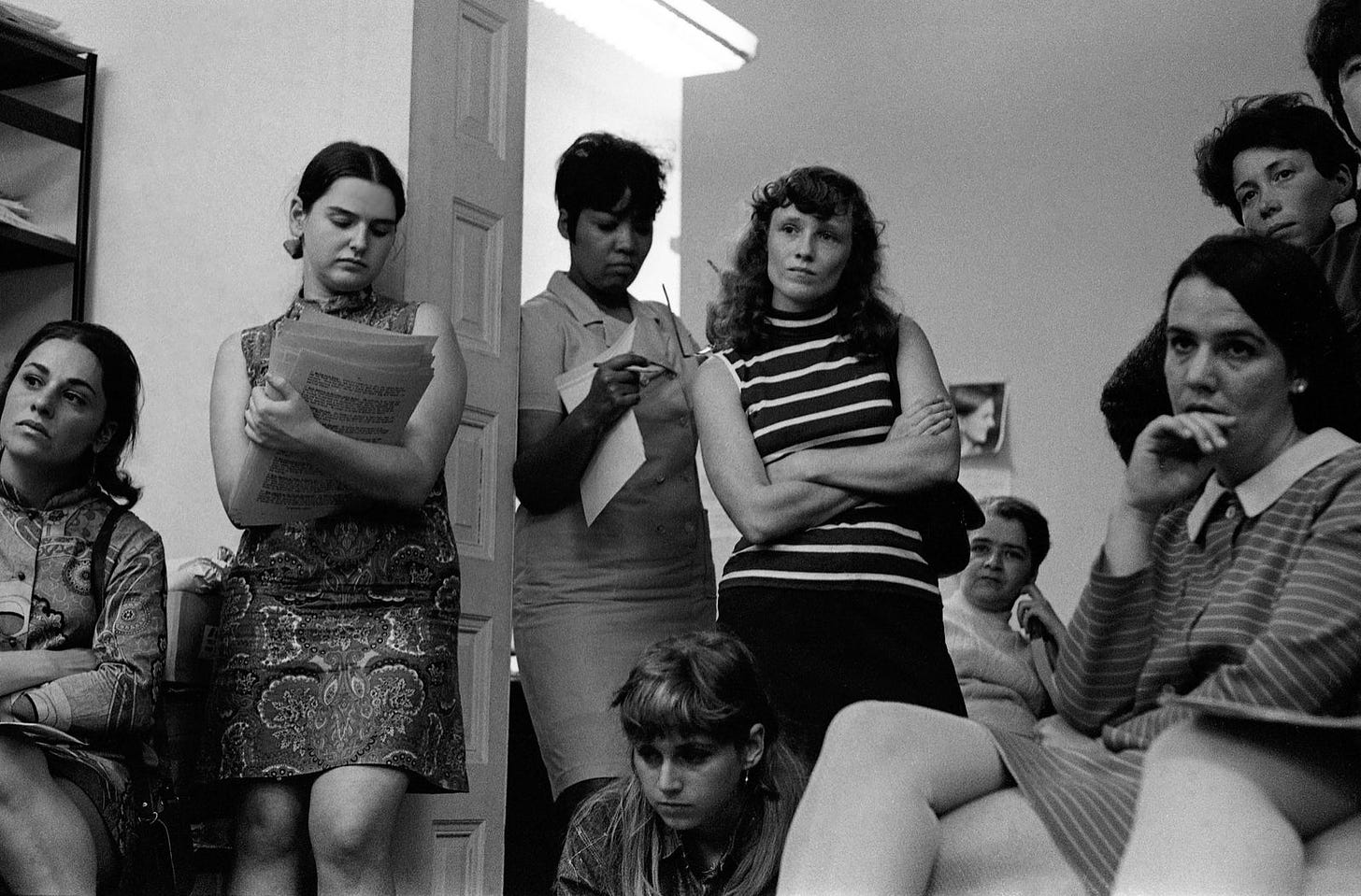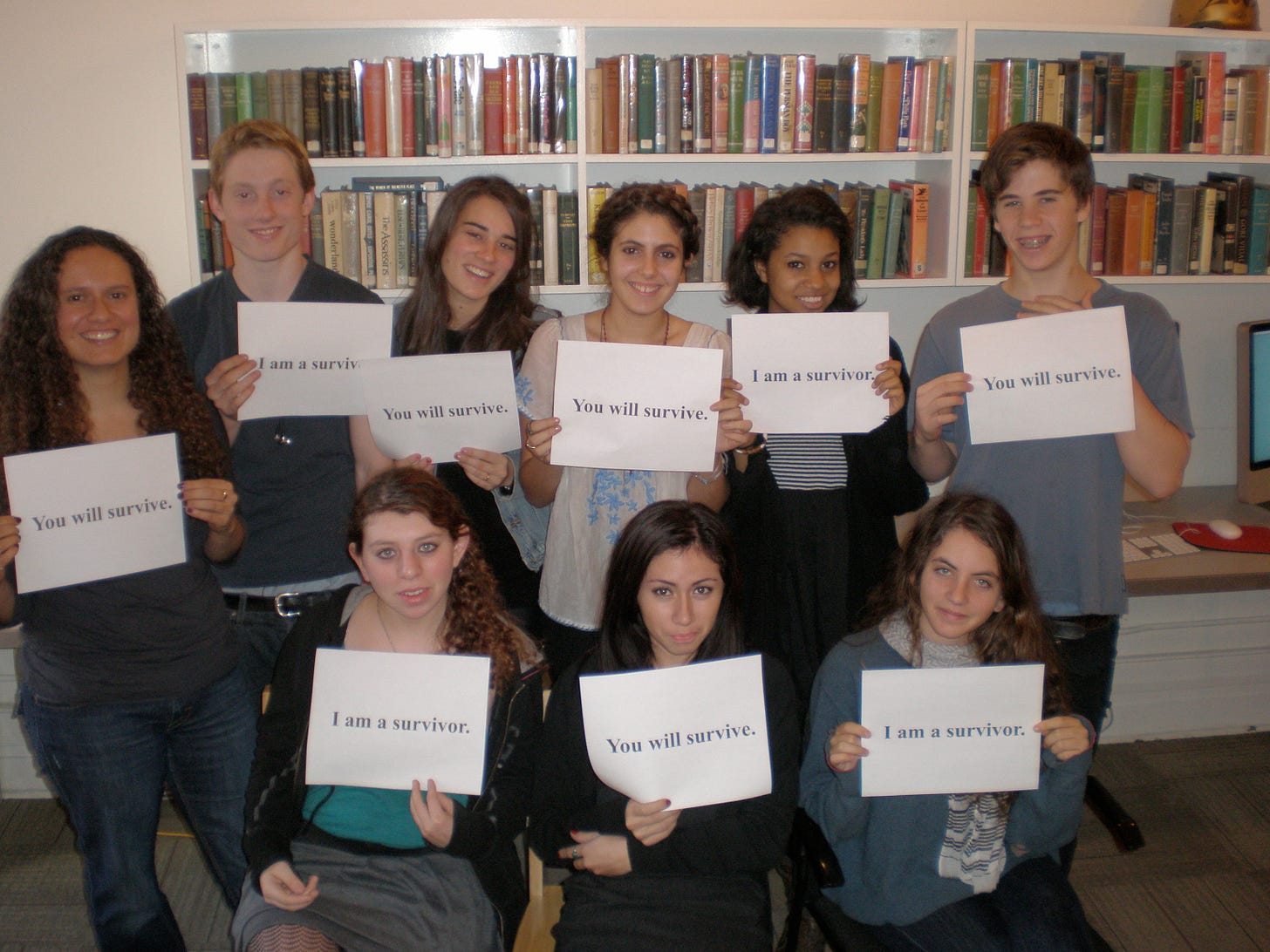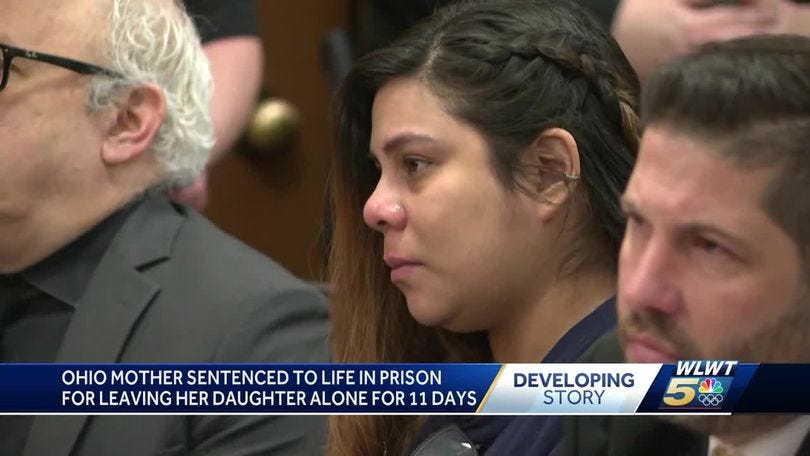Below is Janice Fiamengo’s fascinating and instructive story of how she was mesmerized by the feminist siren and later escaped its delusionary grip. She is perhaps the most articulate of those writing against the torrent of man-hatred that infects the western world.
*****
The Making and Un-Making of a Feminist Radical: My Story
Though I lived off the outrage-rush for years, I was, in the end, thoroughly sickened by feminism’s hypocrisy and hatefulness
JANICE FIAMENGO MAY 09, 2024
I’ve told this personal story in bits, but here it is for the first time in one go.
Born in Vancouver in 1964, I grew up at the height of the feminist movement. In the Second Grade (’71-’72), I was taught by a feminist zealot who had her students color pictures of women wearing hardhats or driving fire trucks to make the point that girls could be and do anything. Even then, it seemed like overkill: nobody had ever indicated otherwise. The culture was overtly pro-female, and I rode the girl power wave without a thought.
Growing up, I received kind and respectful treatment from every man I encountered in school and elsewhere. My father thought it a matter of course that I would make something of myself. I was not sexually harassed or demeaned, and never witnessed or heard of such from female friends. My parents expected me to take responsibility for my life. I didn’t always follow their advice—in fact, I was a foolish pot-smoking, fast-car-riding teenager fascinated by the romance of danger—but I was never given cause to see myself as a victim.
I always had a passion for reading. With my parents’ encouragement, I completed a Bachelor’s degree, a Master’s, and a PhD in English literature at the University of British Columbia. After two years as a Post-Doctoral Fellow at Simon Fraser University, I landed my first full-time teaching position at the University of Saskatchewan, where I taught for four years. After that, I became a professor at the University of Ottawa, where I remained until my retirement in 2019.
When I interviewed at both Saskatchewan and Ottawa, there was not a single man on either four-person shortlist. So-called equity hiring—which usually amounted to the outright (or near-outright) exclusion of men from job competitions—was in full swing; it had been going on for about a decade and is still going on now, 25 years later (see the research of Martin Loney on the history of such hiring in Canada). How many generations of young men will have to be sacrificed to the great god of equity before feminists say enough?
The feminist mantra of heroic female victimhood had been the air I breathed as a university student, and it offered a near-irresistible fantasy of moral purity. I was a woman and therefore good. Men had to prove themselves good by allying with women against other men. I came to like the heady rush of sisterhood and the exhilarating fury of feeling oneself part of a wronged group. I particularly enjoyed the vision of myself as a bold heroine speaking against oppression (and being applauded and rewarded for it).
Everything on campus was about women. Vigils for the Montreal Massacre were a yearly opportunity for ideologues to decry the supposedly widespread misogyny that made women’s lives, even at the most progressive institutions on earth, a hell of assault, put-downs, and discrimination. The university women’s center, where no man could tread (well, actually …), offered women a “safe space” to learn about patriarchy and to plot its downfall.





